Our Alumni and Recent Fellows
Below are some notable alumni of the Clinician Educator Fellowship.
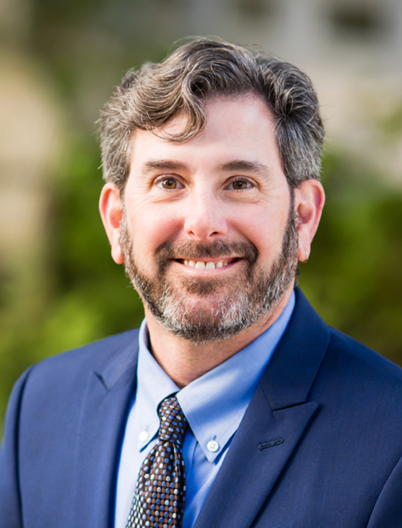
Michael W. Rabow, MD, FAAHPM
Professor of Medicine
Department of Medicine
UCSF School of Medicine
Current Leadership Roles:
UCSF Division of Palliative Medicine — Associate Chief for Education & Mentoring
UCSF Helen Diller Family Comprehensive Cancer Center — Medical Director of Palliative Medicine
UCSF MERI Center for Education in Palliative Care — Founding Director
What are your scholarly/educational interests?
I am interested in three main areas (somewhat overlapping): palliative care (especially service delivery); medical education & professional development; and humanism in medicine.
Why did you choose to do the Clinician Educator Fellowship and what did you enjoy about it?
For me, it was a chance to really focus on understanding. With a heavy clinical load, it can be extremely difficult to protect the time (and mind-space) to delve deeply into an academic subject. I finished residency with all sorts of questions (especially about the doctor-patient relationship), and the fellowship offered the time and the support to explore them.
What were you able to accomplish during the Fellowship?
I wrote a few papers and applied for and received my first extramural grant support. In addition, I’d say I was able to catch up with my life after the busy years of residency. As a result, I felt clearer about what I wanted to do moving forward.
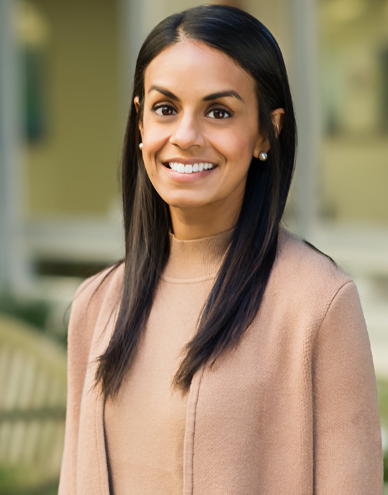
Diana Thiara, MD
Assistant Professor of Medicine
Department of Medicine
UCSF School of Medicine
Current Leadership Roles:
UCSF DGIM Weight Management Clinic—Medical Director
American Board of Obesity Medicine— Diplomate
Why did you choose to pursue the UCSF DGIM Clinician Educator Fellowship?
As I was finishing residency, I knew I wanted to practice both primary care and obesity medicine in an academic setting. However, I didn’t know how I wanted to balance these different roles and what to ask for in a job. I also felt a little burnt out after residency and was not ready to jump into the busy life of a new attending. I chose the UCSF DGIM Clinician Educator Fellowship because I knew I would sharpen my clinical skills, receive formal training in being an educator, and better understand what kind of job I wanted to have in an academic setting. Additionally, the fellowship allowed me to have dedicated time in Weight Management Clinic, and I knew I would be able to be sit for American Board of Obesity Medicine board exam at the end of fellowship.
What skills and/or opportunities do you think you gained from doing a fellowship that you don’t think you could have done otherwise?
The fellowship provided me with formal training and practice in how to be a medical educator – I would not have done this if I did not complete the fellowship. This formal training has been really helpful in designing and evaluating curricula and lectures for several different types of learners, including UGME, GME, CME, and even patients.
How did your fellowship prepare you for your career now?
I am an Assistant Professor of Clinical Medicine with DGIM and work as both a primary care provider and weight management provider. I am also the Medical Director of the UCSF DGIM Weight Management Clinic. I am also a Diplomate of the American Board of Obesity Medicine. My first year on faculty, I had an internal grant to do culinary medicine classes for weight management patients. I applied for this grant during fellowship. I have developed two curricula in clinical obesity medicine – one for medical students and one interdisciplinary program for pharmacy students and nurse practitioner students.
What advice would you give to somebody considering the Clinician Educator Fellowship?
The Clinician-Educator Fellowship with UCSF DGIM was an amazing and formative experience. If you are interested in pursuing a career in academic medicine or having a niche practice in primary care, you will get to explore these areas in depth during fellowship. You also work with and are mentored by superb clinicians and medical educators who are at the top of their fields. You will finish training well-positioned to have a job that you want and enjoy.
Additionally, you are able to practice jobs you will perform as an attending, like precepting and supervising residents and medical students, while you still have indirect supervision of your own. The fellowship gives you a little time to breathe after residency.
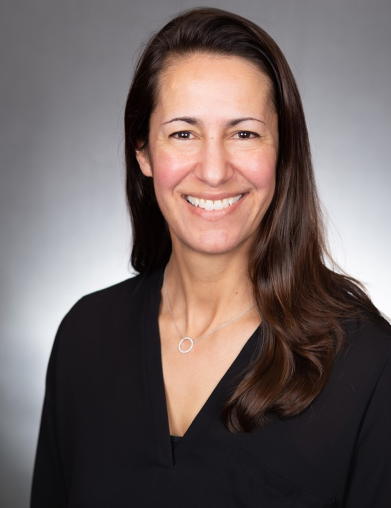 Daniella A. Zipkin, MD
Daniella A. Zipkin, MD
Associate Professor of Medicine
Department of Medicine
Duke University School of Medicine
Current Leadership Roles:
Duke Internal Medicine Residency – Associate Program Director for Ambulatory Care
Duke Division of General Internal Medicine – Vice Chief for Education
Duke Department of Medicine – Associate Vice Chair for Faculty Development and Diversity
Chair, Program for Women in Internal Medicine, Duke Department of Medicine
What are your scholarly/educational interests?
Curriculum development:
Evidence-based Medicine teaching at the GME level as well as nationally – I had a long running core curriculum first at the California Pacific Medical Center residency program from 2003-2006 after fellowship, and then at Duke from 2007-2021. This past year I have transitioned the curriculum to seven other faculty members and serve as mentor for them as they take it on.
Advocacy in Clinical Leadership Track - I run a longitudinal elective for second- and third-year Duke internal medicine residents which includes seminars in health policy topics as well as resident-driven advocacy platform development and presentation at both the state (North Carolina) and national levels in alternate years.
Program Development:
As an APD in the Duke Internal Medicine Residency Program I have lead innovations in the ambulatory structure to create grouped “threads” which allow continuity in the subspecialty clinic space in parallel with primary care clinic. By creating four threads which alternate every six months, by the end of their second-year residents have experienced every subspecialty of medicine in the outpatient arena.
Faculty development:
I have done extensive national teaching on getting promoted as a clinician educator and maintain a robust portfolio of mentorship of faculty clinician-educators both at Duke and other institutions.
Why did you choose to do the Clinician Educator Fellowship? What did you enjoy about it?
Teaching became my primary passion when I was in training, and I sought out opportunities to get further experience in building a career as a clinician-educator. I was delighted to return to UCSF as a clinician-educator fellow from 2002-2003. The year was incredibly valuable in building a foundation of precepting skills among excellent role models, digging deeper into research methodology and applying those principles to education, and drafting a vision for the ideal clinician-educator career.
What were you able to accomplish during the Fellowship?
I completed a major academic work as fellow – a narrative review of the conflicts of interests among pharmaceutical industry representatives and medical trainees. I also gained experience with other project proposals, IRB submission, the advantages and limitations of human subjects research, and presenting work at national academic meetings.
Recent Fellows:
Why did you pursue this?
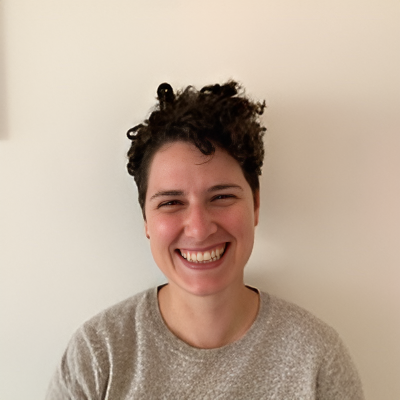
Hannah Archibald, MD
Core Faculty Member, CPMC Internal Medicine Residency Program
I decided to pursue the fellowship because I was excited for the opportunity to work with clinician educator leaders at UCSF and explore my interest in medical education as a career. I also loved working at the Mt. Zion DGIM Clinic [during residency] and was happy to be able to continue working with my patients.
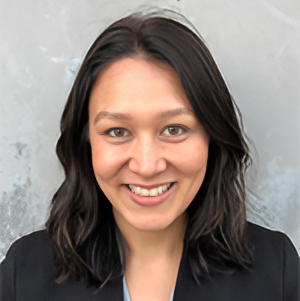
Akemi Brown, MD, MS
Clinical Assistant Professor, Medicine, Stanford University
I decided to pursue the Clinician Educator Fellowship because I wanted to have dedicated time to grow as a clinical educator through precepting residents, teaching medical students, and designing curriculum. I was also drawn to the opportunity to pursue an area of concentration in Obesity Medicine, and I hope to sit for the Obesity Medicine boards at the end of fellowship. I was excited to further develop my relationships with my primary care patients and to continue to grow as a PCP while being mentored by excellent mentors.
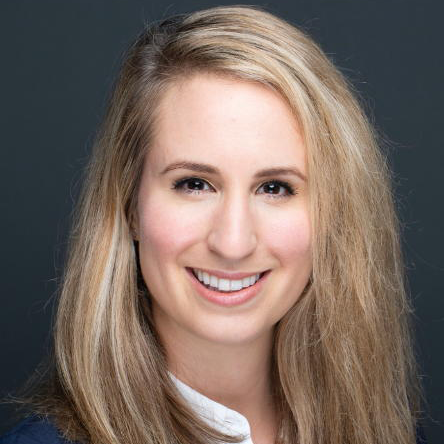
Jessica Erickson, MD
Assistant Professor of Medicine, UCSF DGIM
I decided to pursue this fellowship so I could continue working with my amazing UCSF DGIM colleagues, continue caring for my diverse and complex primary care patient panel, and continue serving as an educator and mentor for residents and other learners. My fellowship scholarly project explored primary care providers’ experiences with patient deaths from a logistical and emotional perspective and aimed to identify educational resources and built-in clinical support that could benefit PCPs when dealing with patient loss.
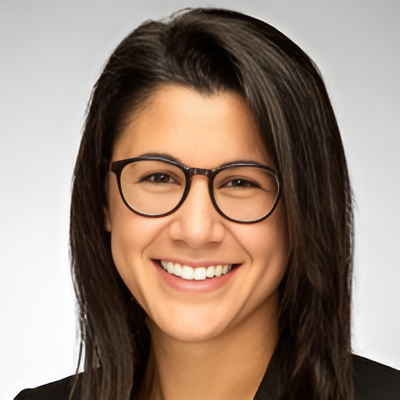
Maya Isaacsohn, MD
Assistant Professor of Medicine, SFVA
I decided to pursue the Clinician Educator Fellowship to allow for more primary care exposure and the opportunity to work and collaborate with the UCSF DGIM faculty. I was excited to work as a primary care physician to further develop my skills as a clinician and medical educator. I looked forward to being a part of the Obesity Medicine Area of Concentration gaining additional training in that area.
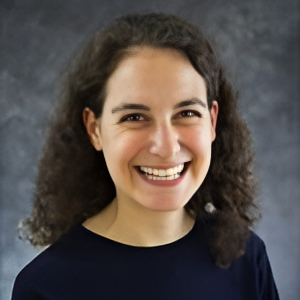
Zoë Kopp, MD
Assistant Professor of Medicine, UCSF DGIM
I am interested in transitions of care, care for justice-involved patients, and improving the way we communicate about and with patients. During the fellowship, I worked with Amend, which is a public health organization dedicated to reducing the negative health effects of America’s current jails and prisons on residents and correctional staff, on a health and wellness curriculum for correctional staff. I also studied the use of Epic [EMR] behavioral alerts in the outpatient and inpatient settings and expanded this research into an educational opportunity on written documentation in electronic health record. I pursued this fellowship for both the ability to practice primary care in a familiar and supportive environment and the chance to pursue [aforementioned] scholarly projects with beloved mentors.
